The recovery of five dead bodies from the seven killed in Toro Village, Osun State, may have been followed by a semblance of peace. But the real causes of that killing, and the dozen others before it, have not been addressed, writes Mariam Hamzat, who was in Ife and Modake for five days.
Marcus Akinwande had been trying for a child since he got married over 10 years ago. He died without having any. The sexagenarian was among the quintet of farmers whose bodies were recovered at Aba Alape, off Toro Road Village, Oyere in Ife North Area Council, in August. He left behind a wife and other extended family members.
Elsewhere, the Oladele family lost not one but two members of their family on the same day. Oladele Ismaila, a father, and Oladele Afeez, his son, died in the gruesome incident. Oladele Nurudeen, his other son, was ‘lucky’ to escape with injuries. They were people on the way to their farms, when they were attacked and killed.
READ ALSO: Beyond Figures: Who are the Victims of the Latest Ife-Modakeke Crisis?
Prior to his death, Afeez worked as a fashion designer and was well-known for his sewing prowess. His father was a farmer who occasionally visited his farm along Toro Village and returned home to his family.
Taye Animashaun and Shina were the other victims of the killing, all Modakeke indigenes, save Marcus who hails from Ife.
On August 20, FIJ reported the death of the five farmers. However, prior to their death, a mother and her child were killed in the same area. Even after the death of the five persons that caught the attention of the country, Ife and Modakeke indigenes had been dying in and around the farm area due to a land ownership tussle with the potential to gradually spark a resurgence of the Ife-Modakeke crisis.
READ ALSO : BREAKING: Five Killed as Ife-Modakeke Crisis Returns
Independent, public-interest journalism has never been more vital than in times like this when truth is constantly being suppressed. With your support, it will be easier for us to continue speaking truth to power and preserving your right to know.
Make a donation to FIJ today
Donate Now
IFE-MODAKEKE CRISIS: THE GENESIS
Ife and Modakeke are towns in Osun State with a long history of clashes and conflicts. After the collapse of the old Oyo Empire in the 19th century, refugees from Oyo moved towards Osun State to settle in the place called Modakeke today. History accounts say the Ooni at the time, Adegunle Abewela, gave Modekeke the land with no strings attached and allowed them to have their own leader, known as the Ogunsua. However, it did not take long before issues were raised on land ownership.
Disagreements over land ownership led to major clashes between the town. Some of the clashes took place between 1835 and 1849, 1882 and 1909, 1946 and 1949, 1981 and 1983, 1997 and 1998, and in the 2000s. Decision-making on the creation of local governments further fuelled the conflict, resulting in the death of between 2,000 and 5,000 people in the 1997 crisis alone.
To quell the crisis, Ife East Local Government was created as an addition to the Ife North and Ife Central local governments that already existed.
In the year 2000, however, then president Olusegun Obasanjo set up a 27-member peace committee to find a permanent end to the conflict. The committee, led by Olabode George, a former military governor of Ondo State, and supported by Bisi Akande, the then Osun State governor, recommended the recognisation of the Ife East office as a local administration entity and the addition of Ife to Modakeke’s name. It also recommended the siting of a mobile police training school in Ife and the establishment of buffer zones at strategic areas between the two towns.
In 2009, Oba Okunade Sijuwade, Olubuse II, the Ooni of Ife; Francis Adedoyin, the Ogunsua of Modakeke, and the Osun State Government signed a peace treaty.
IFE AND MODAKEKE, ALMOST LIKE SIAMESE TWINS
Entry into Ife and Modakeke is usually to a calm welcome. Businesses and transportation go on as usual. But upon asking questions, talking to people, and visiting specific areas, it will not take long to realize the façade masking the simmering tension in the town.
Although there are boundaries that demarcate Ife from Modakeke, the main roads leading into one also leads to another. This is the same for the farms, too.
Chief Olu Toriola, the Otun Balogun of Modakeke, would subsequently confirm: “Coming from Ibadan, from the campus gate area to the cities, the side on the right belongs to Modakeke, while the one on the left belongs to Ife.”
The Ori Oluwo Roundabout at Mayfair has a road that empties into Modakeke, and another that goes to Ife town. Certain junctions within one town will take you directly into the heart of the other.
There are link roads at Oke-Eso and Isale-Agbara, among other places. At certain points, streets start in Ife town and go way into Modakeke, and vice versa.
The Oke-Eso side bore scars of the previous crisis where lives were lost and houses burnt. A couple of buildings still stand, desolate and empty.
‘HOUSE OF DEATH’
“People in the Ife part of town knew little about the recent deaths. People in the town are living peacefully with one another because businesses and trading are held there, and everyone minded theirs,” said Ola, a Modakeke indigene who works in Ife.
However, after the killing of the five farmers, some Modakeke youths attempted to attack the Ooni’s palace. Shops were closed down, and movement restricted. Youths from the two towns had a face-off right in town, before the police intervened.
When FIJ journeyed from the Ooni’s palace to Modakeke, the roads leading to the two towns and connecting them were not blocked, although Ife motorcycle riders were still wary of plying certain parts of the other town.
At Lagere, securing public transportation to Toro Road or Alape Village, where the deaths occurred, proved problematic. The motorcylce riders did not want to journey there, one even branding the village ‘House of Death’.
“If any bike man agrees to carry you there, and you go,” another said, “I cannot guarantee your return. I can’t even assure you that you will get there, much less return safely.”
Yet another said: “It is a serious and dangerous issue. Please for God’s sake, don’t go.
“We’re talking to you because we care. If you ask others, they won’t answer you. They’ll just pass by.”
Toro and Alape village, multiple sources would later say, are volatile areas dared only by a few. The chances of returning when one is not a police officer or with a group of policemen are slim.
SEVEN — NOT FIVE — KILLED IN AUGUST
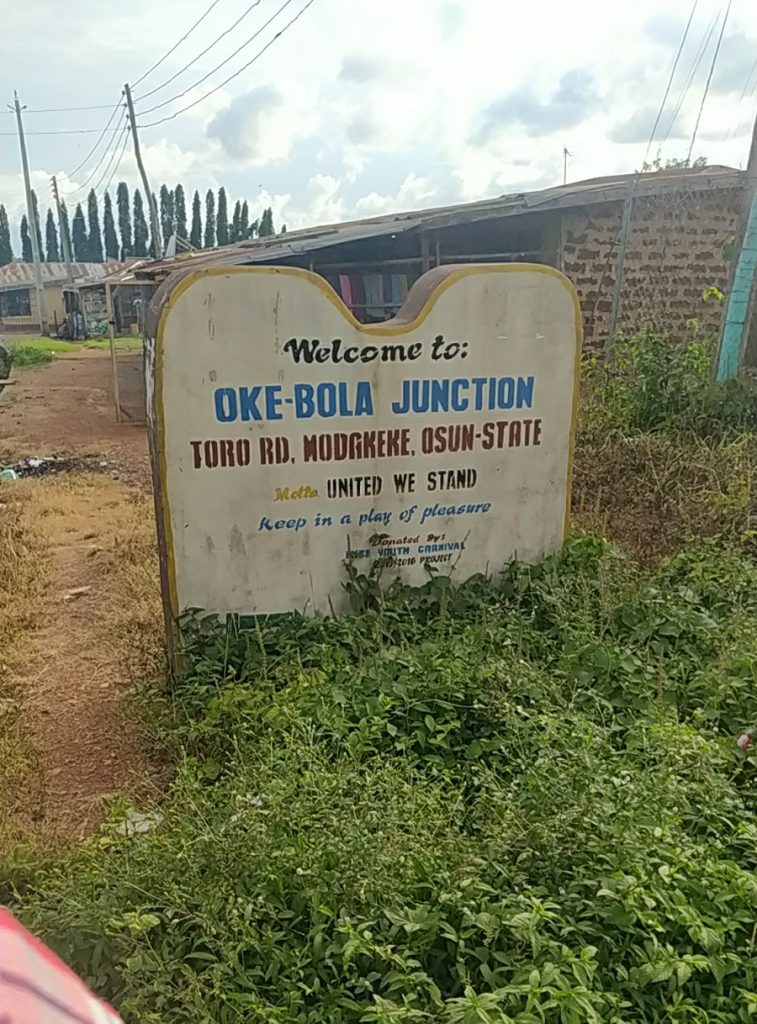
An Ife indigene who simply identified herself as ‘Iya Kaa’ told FIJ she has business to tend to along Toro Village, but she has stayed away since the incident. She doesn’t want to risk her life.
Indigenes who live along Toro Road also told FIJ about 10 people had been recently killed. The killing of the five people reported in August had indeed been preceded by the killing of a mother and her child in June; and while the media reported five deaths, the casualties were indeed seven. Just that only five bodies were recovered.
“The victims were killed on their way to the farm, but I cannot tell you specifically which side of the farm; that is why no one wants to go there,” a young lady in the neighborhood, who simply identified herself as Shola, said. “Even when they later reopened the road after their death, someone who went to farm was killed. This was the tenth victim in three months.”
A witness told FIJ that to recover the bodies of the five persons, three police trucks were taken to the farm and the road was blocked afterwards to prevent entry. A few days later when it was opened, a farmer who went to his farm never made it back alive. Someone else died along the Alapata area.
“We were all outside here when they went to the farm to bring out the corpses. Three police trucks with heavily-armed policemen went and returned with no injury,” she said.
“Even recently, someone from here went to their farm and returned quickly when they heard strange gunshots and saw a dead body by the roadside”, another young lady added.
Another indigene who lives along the Toro neighborhood told FIJ that some of the dead persons were crucified and another fallen from a palm tree to his death.
Independent, public-interest journalism has never been more vital than in times like this when truth is constantly being suppressed. With your support, it will be easier for us to continue speaking truth to power and preserving your right to know.
Make a donation to FIJ today
Donate Now
COCOA AND TIMBER — GET THEM OR DIE TRYING
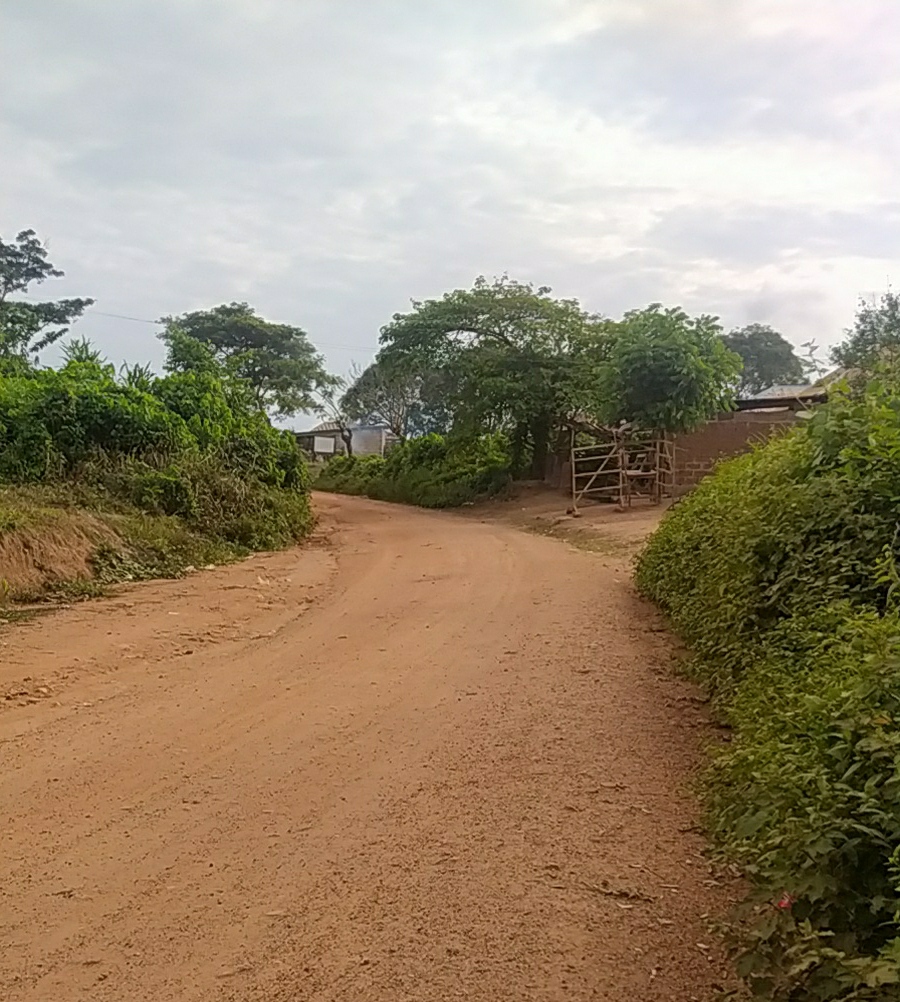
Cocoa, a major cash crop and one of the leading agricultural export produces in Nigeria, is one of the widely cultivated crops in Osun State. Nigeria was once known for its cocoa industry, but crude oil has shifted attention away from not just cocoa but agriculture in general. Nonetheless, indigenous Ife-Modakeke farmers who grew up in agriculture-focused families still keep the practice.
One of such cocoa farmers who simply identified himself as SK told FIJ he currently makes about N46,000 for 50Kg (per sack), and an acre of cocoa can contain up 700-1000 stands of Cocoa.
“Getting a middleman who would sell to companies or foreigners increases the chances of making good profit,” he explained.
Nigeria is currently experiencing an average raining season favouring the cultivation of cocoa. Even better for many farmers, this is the harvest season where they get to pluck and sell their produce. For many farmers in Ife and Modakeke, however, this period is fast becoming one to loathe, as persons and gunmen take this chance to cheat them of their right. During the period of cocoa harvest, opressors enter into other people’s farms to steal produce for sale. The tussle over land ownership starts over the rights to earn the profits of years of tillage.
This land ownership tussle is often between indigenes of Ife and Modakeke. Arguments over land ownership often start again at the end of the year when it’s time to harvest. Currently, ambush likely awaits anyone who tries to enter the village via Toro Road, with gunmen doing their best to keep the farmlands to themselves.
According to High Chief Olu Toriola, the ‘Otun Balogun’ of Modakeke, the death and attacks occur every year, especially around the ripening and maturation period for cocoa. He said people try to frighten their opposition on the farm and the action often leads to killing.
“The attack is usually as a result of the communal clash between Ife and Modakeke,” he told FIJ.
“A long time ago, Modakeke people were displaced from their farms on Ife side, just like Ife were displaced from their farmlands at Modakeke side. This has been the bone of contention.
“It is a problem that has keept occurring for 20 years because no permanent solution has been found. The tussle for the timbers for wood in the farmlands also adds to the prize being fought for.”
SUSPECTS ARRESTED
Recently, it made news that five suspects were arrested by the police in relation to the Modakeke killings. Wale Olokode, the Commissioner of Police, said that the suspects — Akingbala Olakunle, Owoniyi Segun, Daramola Muideen, Shina Adeyemi and Awotinde Elijah — were arrested and are being investigated. The suspects are from both Modakeke and Ife.
One of them, a 35-year-old man from Ife known as ‘Shina’, admitted to killing a Modakeke indigene on his farm in retaliation for the death of his Ife friends who were also killed.
READ ALSO: Osun Police Arrest Five Suspects in Modakeke Killing
A TABOO TOPIC
During trips around the two towns, it was this journalist’s habit to strike conversations with people about random subjects before gradually steering it towards the killings. But the reluctance to discuss the matter was always evident.
The most evident reluctance was at a mechanic workshop in Modakeke where older men discussed various topics and ended up moving on to the killings. They explained in details what was happening at the farm and one of them even claimed to know a victim.
But the conversation about the killing was brought to an abrupt end once the journalist picked interest in it. Men who had earlier joked and laughed with the group stood up one after the one, leaving an empty bench, to continue their chat on the other side of the road.
“I am a pastor, and I don’t know anything or anyone,” the man who had claimed to know a victim said when privately approached. “I only involve myself in things that concern me. I know no victim.”
I would later learn from the mechanic that they were all farmers who had information but were holding it back because, being a stranger, they didn’t know whose interests I was after.
“They think you are a police agent trying to get them to talk,” he said. Everyone is being careful right now.”
One of them had admitted earlier, though, that the failure of the government to act on the recommendations of the Olabode George-led committee, is one of the reasons for the persistence of the crisis.
“They asked them to site a police training college in either of two towns, but Sijuade (a former Ooni) sold it to Tafa Balogun (fromer Inspector General of Police) and it was built in Ila,” he said
A return to Toro Road to engage with a leader who was said to have authoritative information on the matter was also unsuccessful. Agbede, as he is fondly called by his supporters, refused to comment, instead directing the reporter to “visit the Ooni’s palace”.
PRAISE FOR THE OONI, POLICE
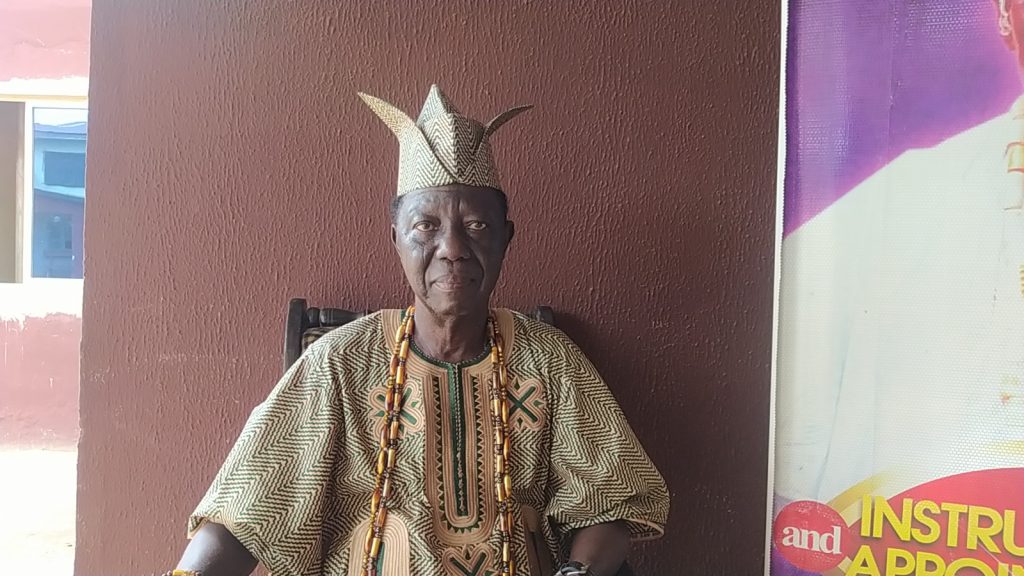
High Chief Olu Toriola, Otun Balogun, Modakeke
Chief Toriola confirmed that Toro was not a place to go at the time because of the unrest, but he commended the Ooni of the Ife and the police for calming the situation. To end the crisis, he asks the government to make a provision that anything on Ife’s side belongs to Ife, and anything on Modekeke’s side belongs to them.
“Since both communities were displaced, let’s give what belongs to Caesar to Caesar,” he said.
Now that arrests have been made, he believes normalcy will soon return, and Toro will be accessible again, especially as the palace was working with the police and vigilantes.
However, contrary to popularr belief, Olokode, the CP, insisted Toro Village is now free and that people can visit.
“For now, it is calm,” he said, “but people still fear that towards the night time, it may not be too safe to go there. This is just because of the antecedent of the past events.”
Produced in partnership with the Centre for Democracy and Development (CDD) with support from Foreign and Commonwealth Development Office (FCDO)
Subscribe
Be the first to receive special investigative reports and features in your inbox.


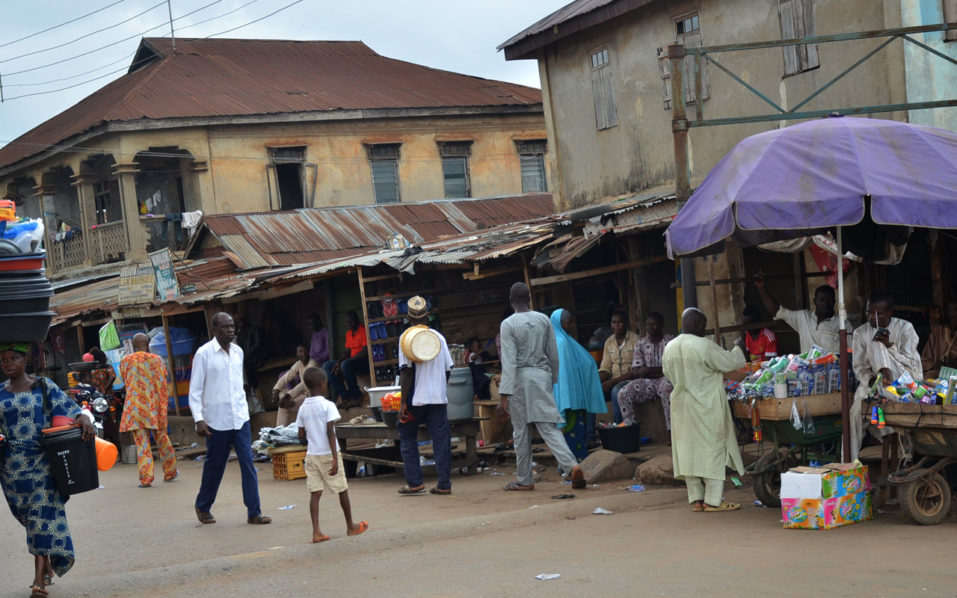
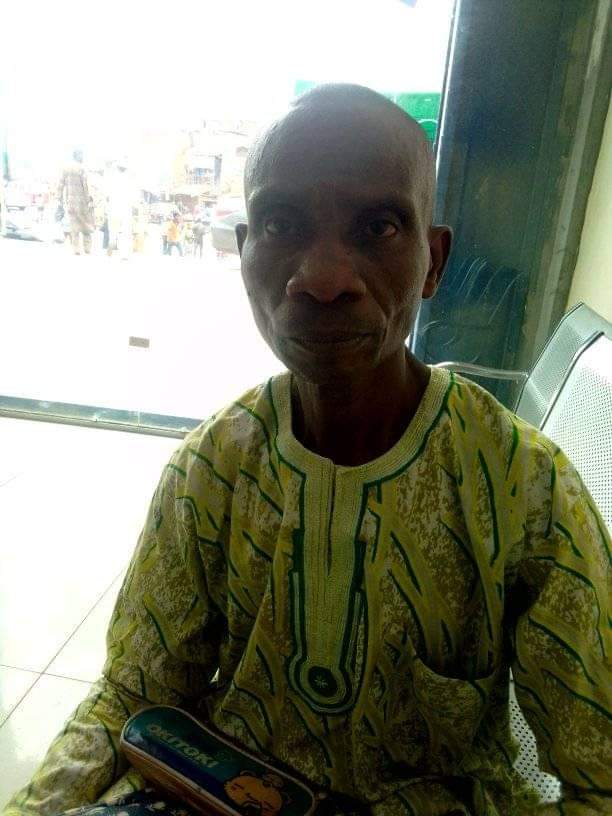
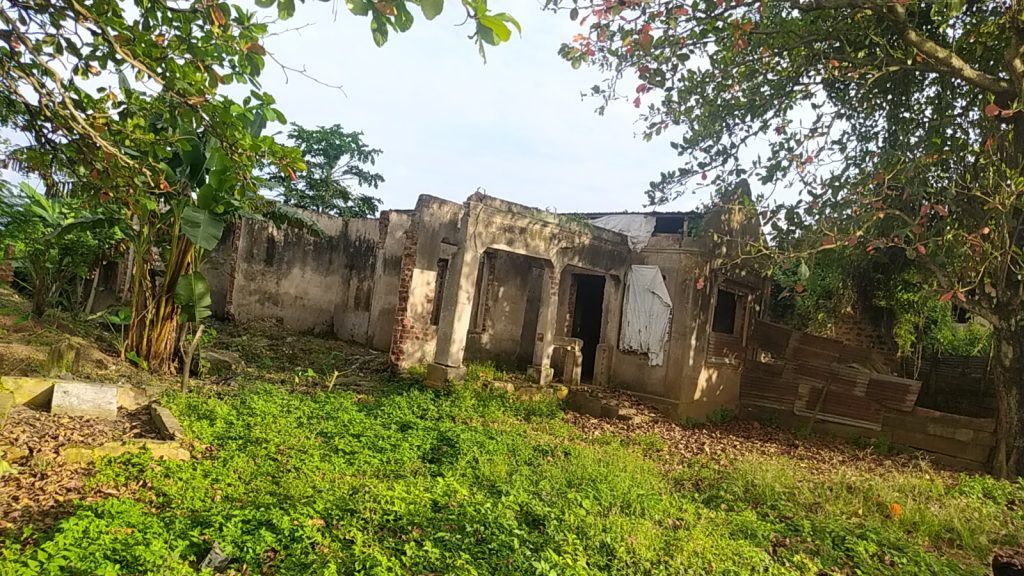
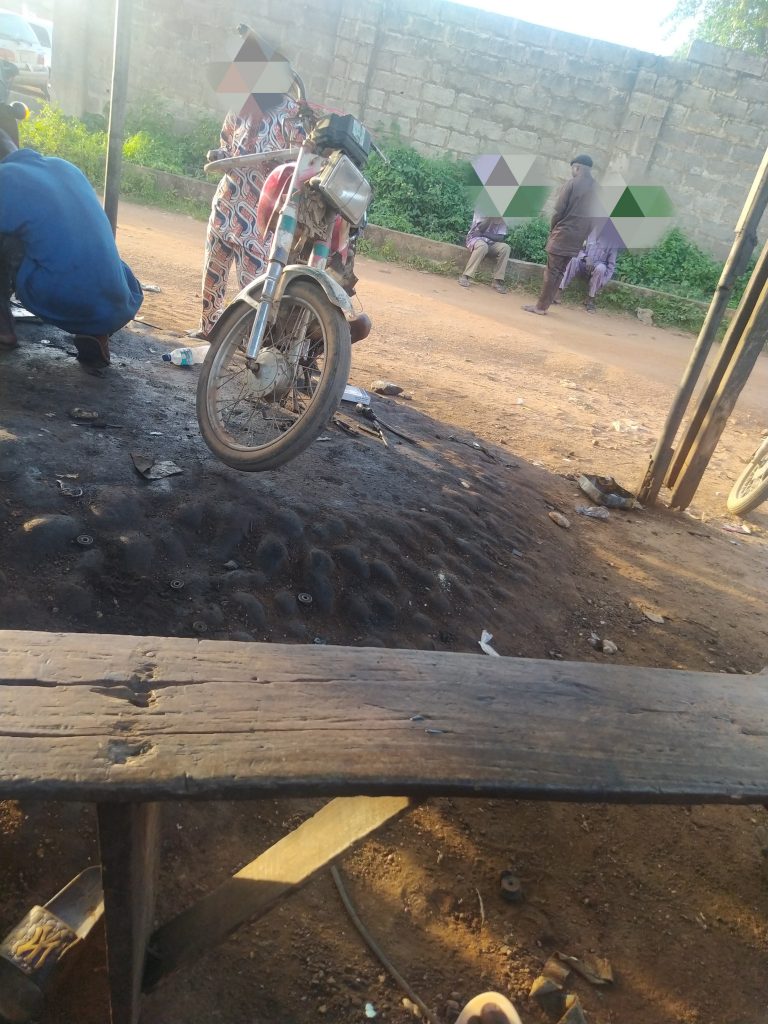



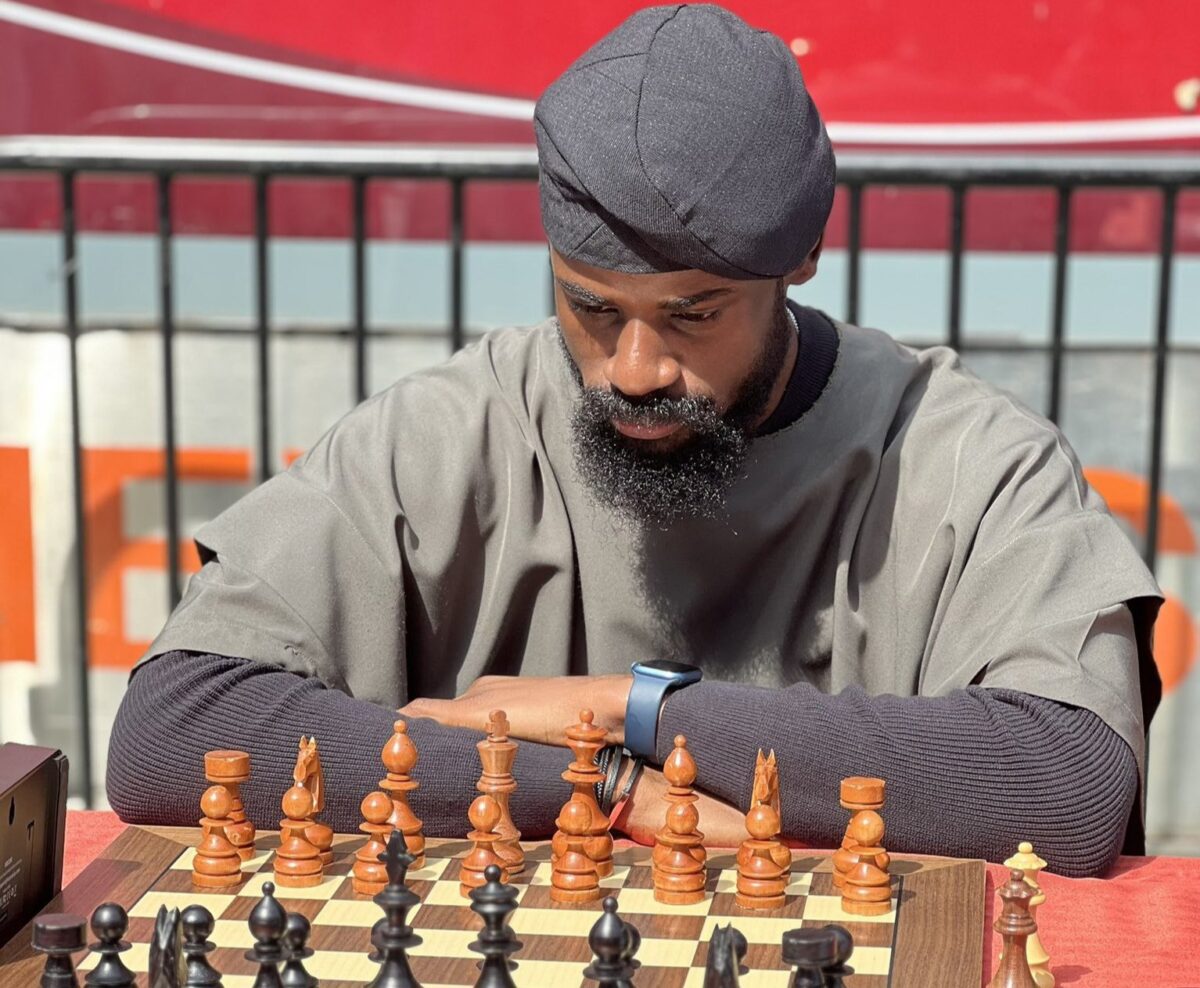
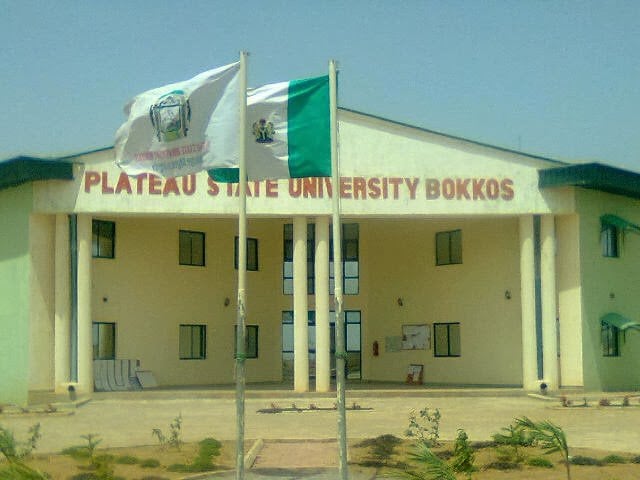
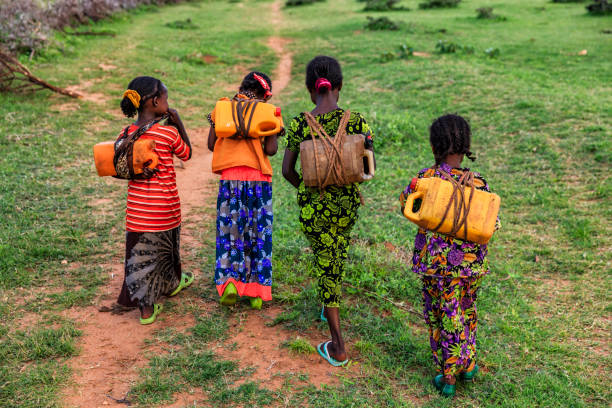






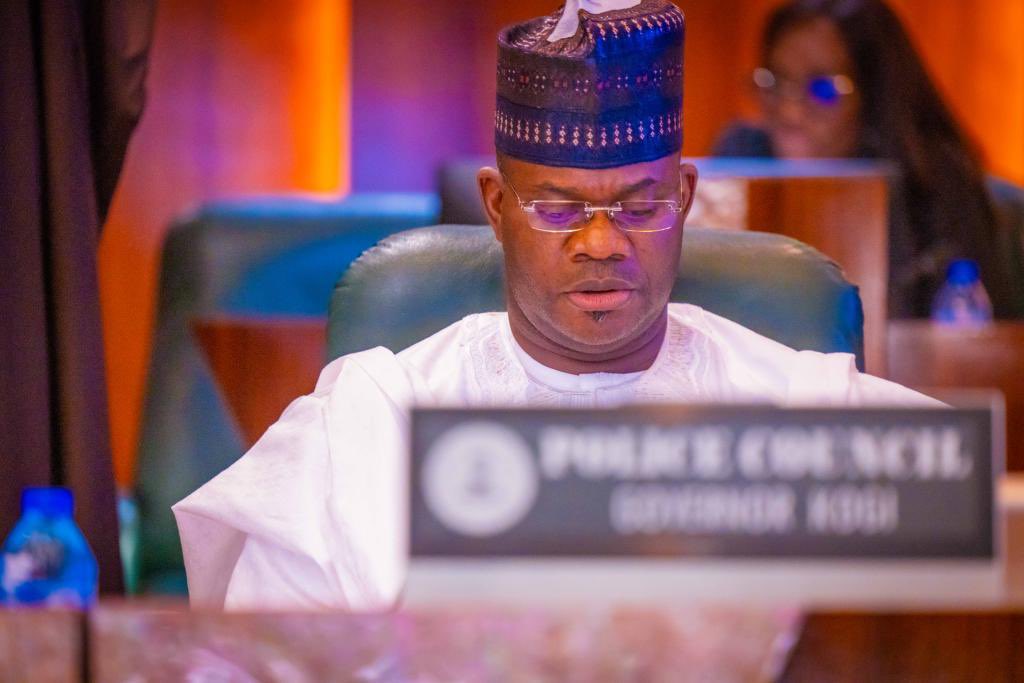
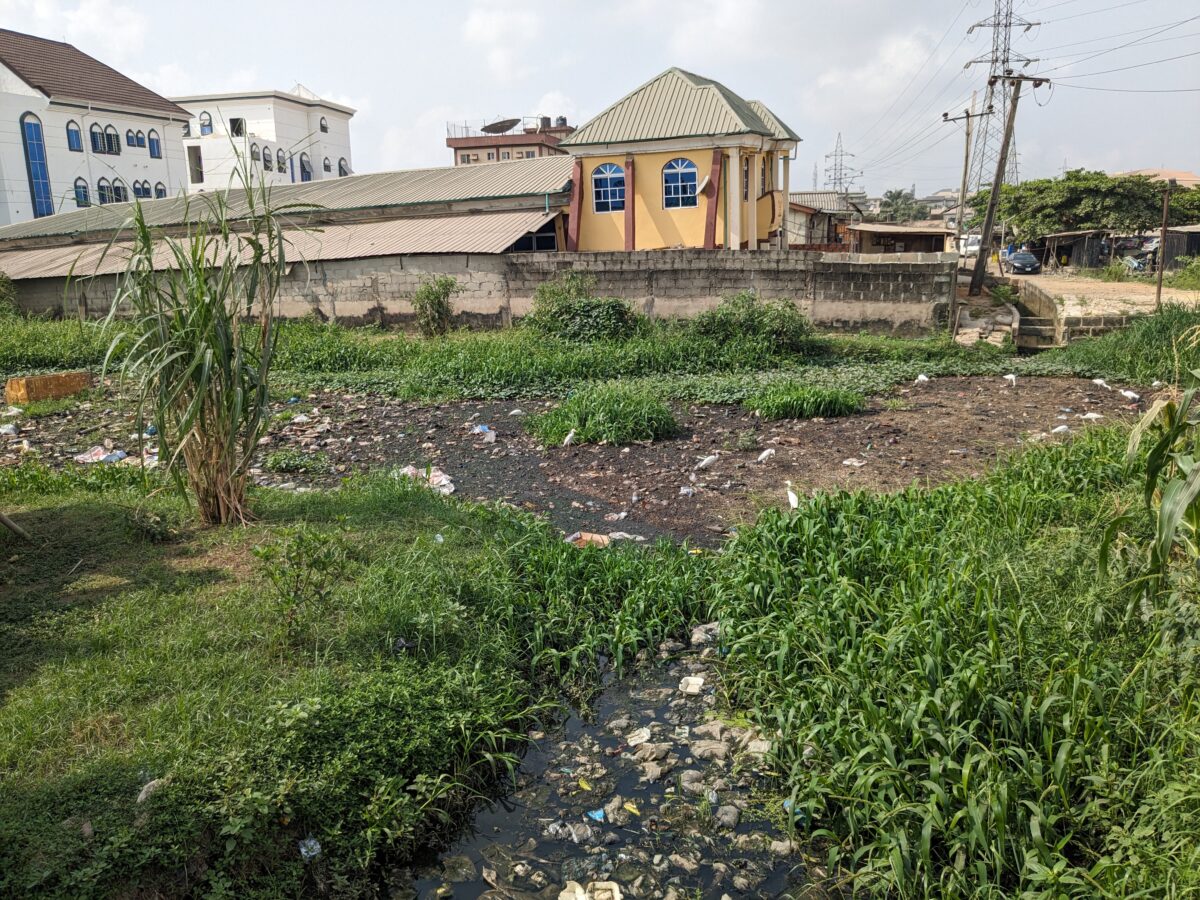
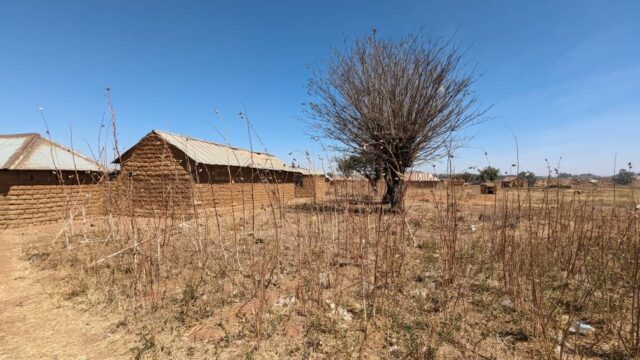
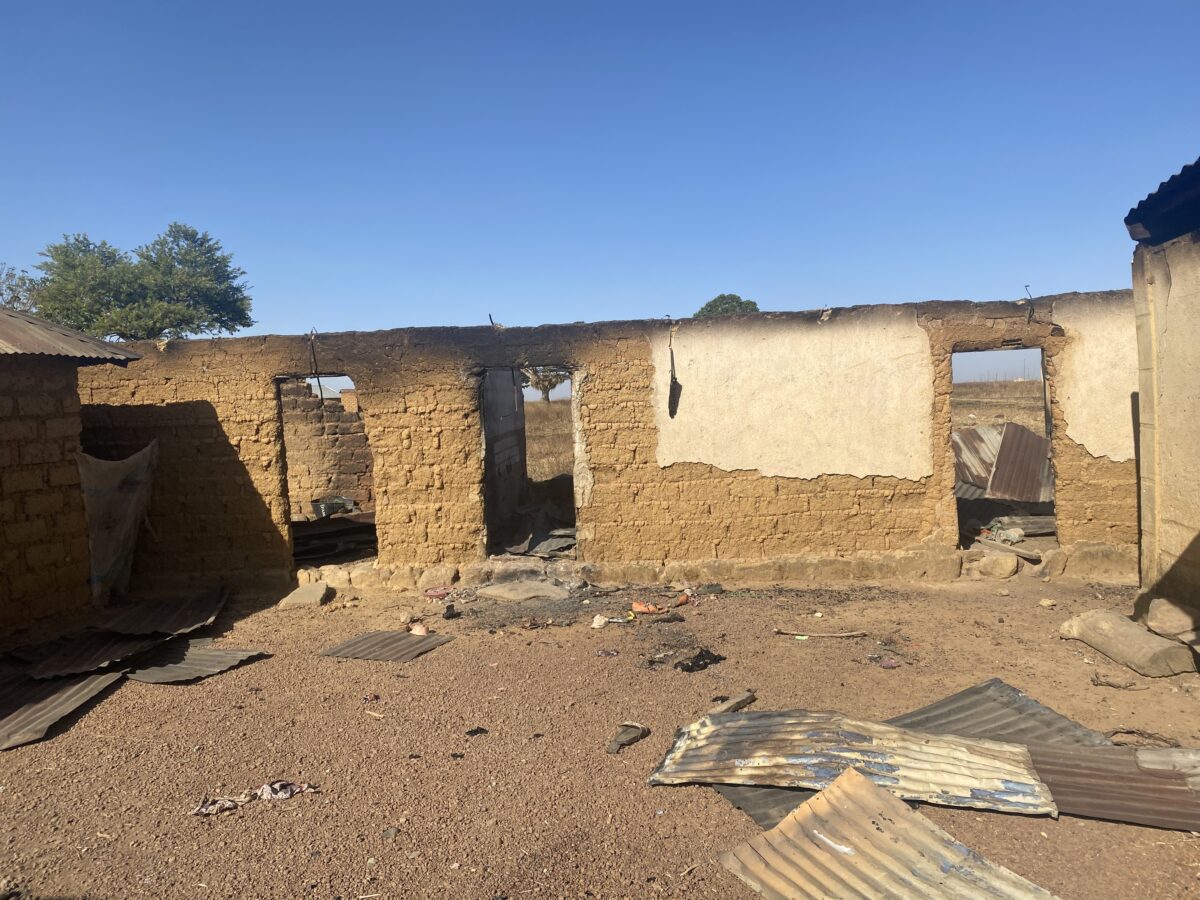
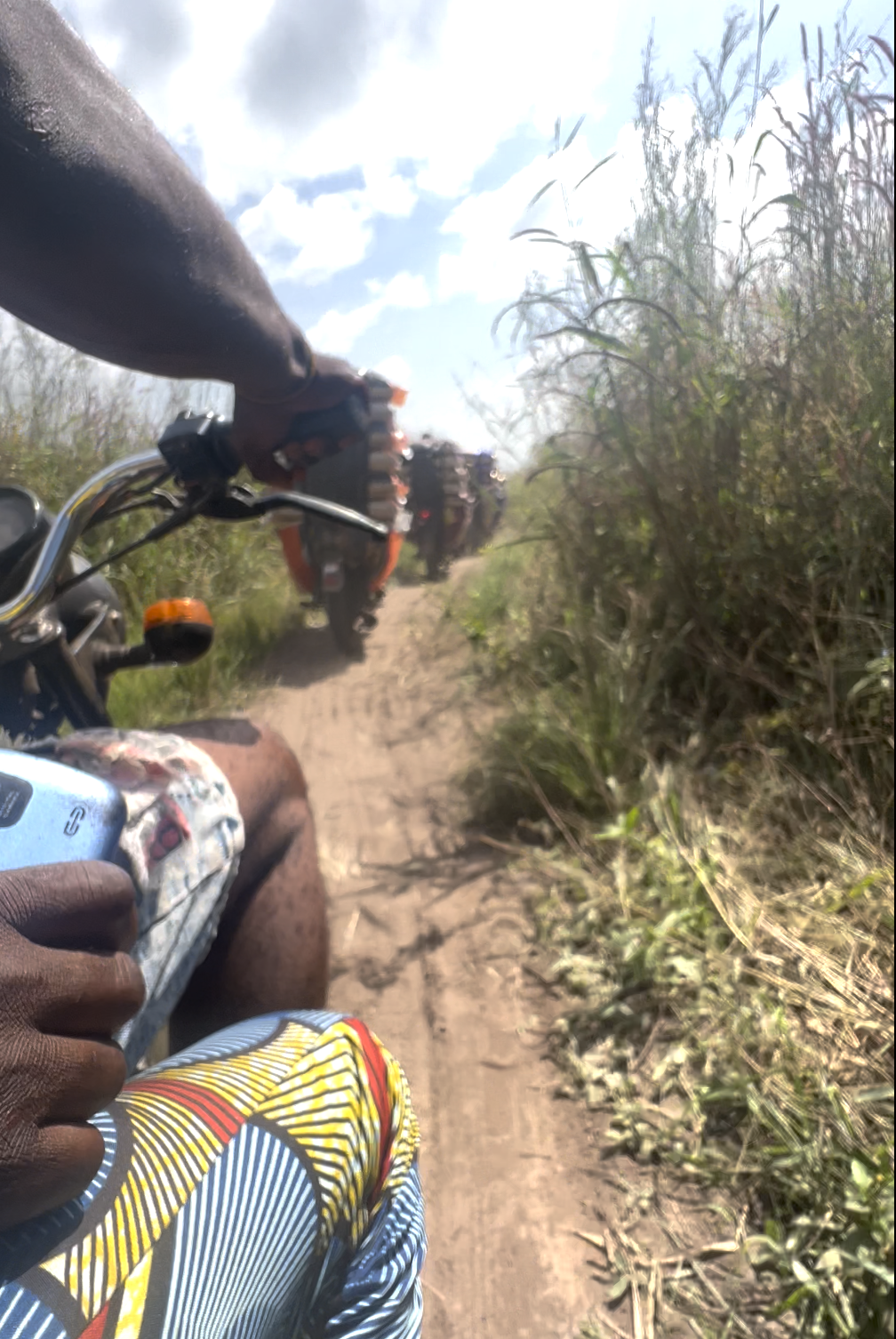
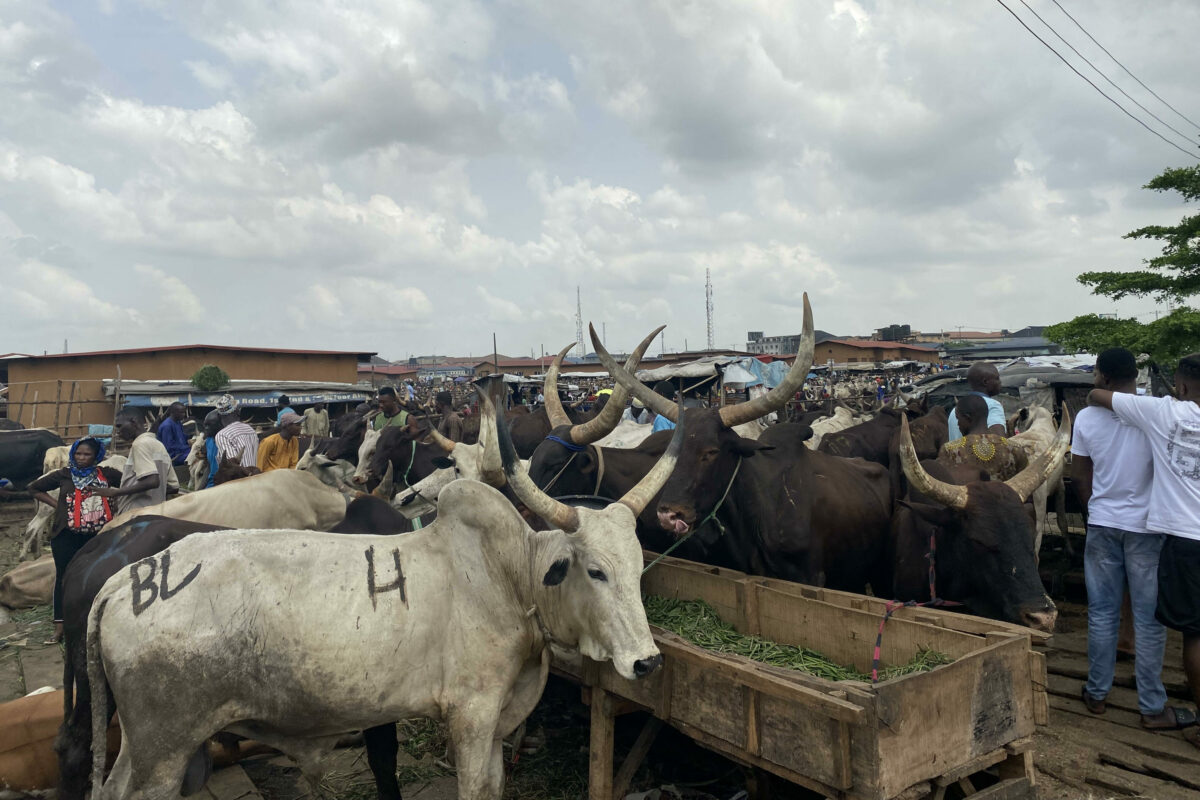


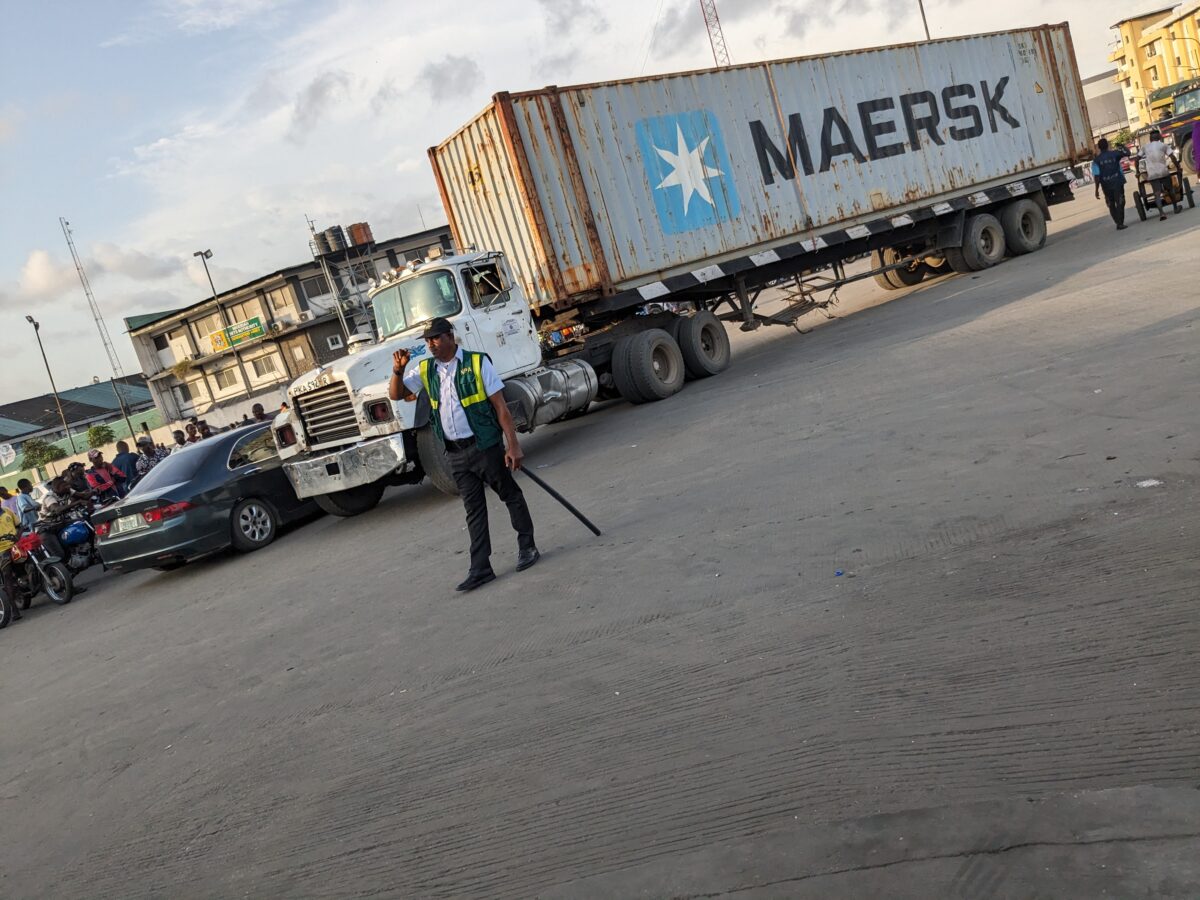
One reply on “SPECIAL REPORT: Cocoa and Timber, the Ife-Modakeke Crisis Nobody Wants to Talk About”
Modakeke is an integral part of Ile-Ife, they are occupying Ife land as tenants with official court judgement to that effect. Ifes are peace loving people and every problems has always emanated from Modakeke side in their quest to claim ancestral family land from legitimate owners of the land. The land on which Modakeke is situated today belongs to some families in Ile-Ife and they were paying rents “Isakole” on the land so occupied until recent times as a result of their quest to grab more land from Ile-Ife and not pay any royalty. The father of the land, Kabiyesi Ooni Adeyeye Ogunwusi must now stand strong between the aggressor and the legitimate land owner and call both side to order. There are enough evidence and judgements in favor of the land owners for all to walk through and get facts. God bless the house of Oduduwa and God bless Ile-Ife.